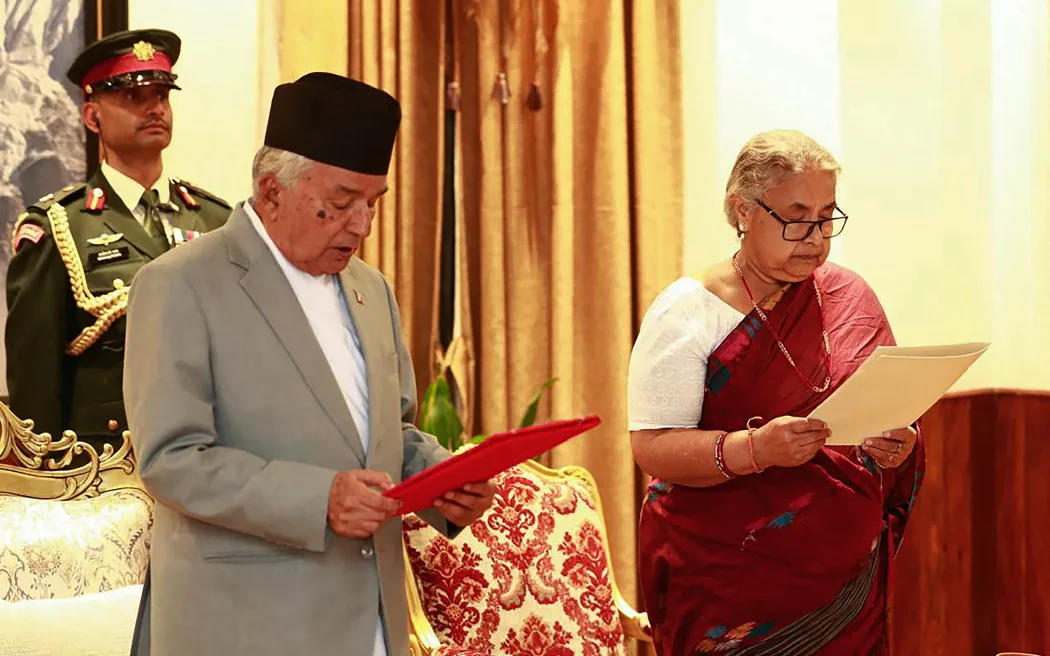Nepal has ushered in a landmark transition as Sushila Karki, a former chief justice known for her integrity, has been appointed interim prime minister following large-scale anti-corruption protests that forced outgoing leader K.P. Sharma Oli to resign. The decision was formalized after negotiations involving President Ramchandra Paudel, Army Chief Ashok Raj Sigdel, and leaders of the “Gen Z” protest movement—whose brutal clashes with security forces left over 50 dead and more than 1,300 injured. Karki’s elevation signals a possible new chapter in Nepal’s governance, one shaped by demands for transparency and civil accountability rather than entrenched political patronage.
Her appointment also has regional implications. As Nepal grapples with its own instability, its neighbours—India and China—stand to be affected by any shifts in Kathmandu’s domestic and foreign policy orientations. Economically fragile and politically volatile, Nepal sends millions of its citizens abroad for work and depends heavily on remittances; thus, internal stability under Karki could bolster investor confidence, strengthen democratic institutions, and redefine Nepal’s position in South Asian geopolitics.












Leave a comment